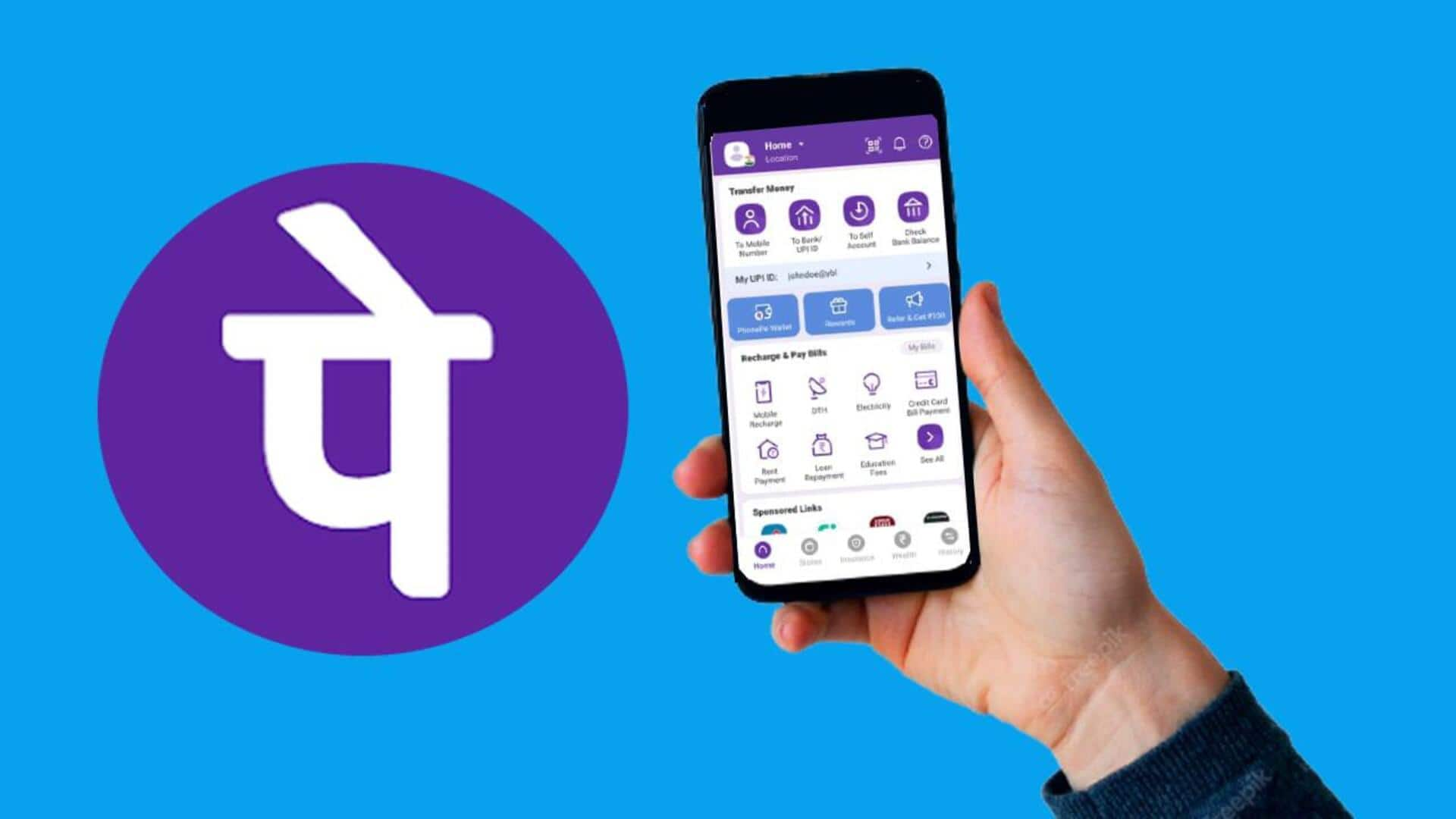PhonePe expands hardware capabilities across 3 data centers in India
What's the story
PhonePe, one of India's largest fintech companies, has massively scaled its hardware capabilities. The company now handles almost 700,000 cores across three data centers in the country.
The revelation was made in the company's annual report.
Cores are the individual processing units of a CPU, that allow data centers to handle multiple tasks at once and drive large-scale computing operations.
Tech enhancement
Expansion aims to boost tech capabilities
The expansion of PhonePe's hardware capabilities is part of a larger strategy to bolster its technological prowess.
The company is utilizing its proprietary software stack to offer infrastructure-as-a-service (IaaS).
The move is aimed at supporting the firm's rapidly growing user base, and ensuring efficient deployment and usage of compute, storage, and networking infrastructure.
Sustainable approach
Adopting innovative cooling technologies for data centers
PhonePe has also adopted Direct Contact Liquid Cooling (DCLC) and Liquid Immersion Cooling (LIC) technologies in its data centers.
These innovative cooling systems are designed to increase energy efficiency, reduce electricity consumption, and help the company lower its carbon footprint.
The adoption of these technologies further underscores PhonePe's commitment to sustainability while managing large-scale computing operations.
Innovation drive
In-house SaaS platforms and services
Along with scaling its hardware capabilities, PhonePe has also built a number of in-house Software-as-a-Service (SaaS) platforms.
One such service is "Login using PhonePe," which makes user authentication and profile management across all group assets seamless.
These ready-to-deploy plugins have allowed the company to introduce new products and apps quicker than other players, at a lesser cost and lower time to market.
Staffing changes
AI-driven automation leads to workforce reduction
PhonePe has slashed its customer service workforce by a whopping 64% owing to the adoption of AI-driven automation.
The number of agents has fallen from over 1,100 in FY19 to 400 in FY24.
However, despite this reduction, the company has been able to increase automated customer service issue resolutions by AI-driven chatbots by over 90%.
This has led to huge cost savings without compromising customer satisfaction.
